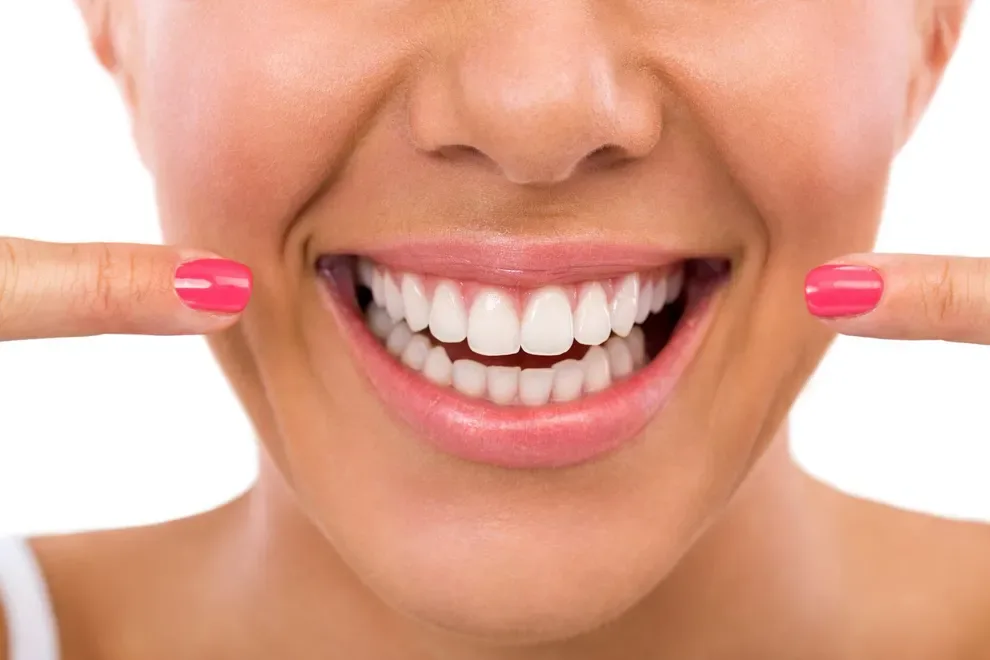Is it Possible to Regrow Your Teeth? Stem Cell Implants

Table of Contents
- Stem Cell Implants
- The Tideglusib Alzheimer’s Drug
Right now, once tooth enamel is lost, it is lost for good. As adults, we do not produce new enamel and cannot regrow a tooth once it is lost.
Stem cell technology has the potential to possibly change all of that. Stem cells are showing promise when being used in dental implants to help the bone regenerate and maintain the implant.
Stem cell technology is under several clinical trials and faces many challenges, even though it is showing great clinical potential for possibly even helping to regrow entire teeth. The Alzheimer’s medication Tideglusib has also shown potential for naturally treating dental cavities.
Can Teeth Be Regrown?
The short answer is no. We are born with baby teeth that are then replaced by adult, or permanent, teeth that are just that — permanent.
Tooth decay can lead to the loss of tooth enamel that cannot currently be replaced. Once tooth decay has worn enamel, you generally will need a dental filling, crown, or even a dental implant to replace what has been lost.
There have been some exciting scientific advancements that are showing potential to actually regrow parts of a tooth or even an entirely new tooth. One method includes regenerating the tooth’s roots to regrow a tooth. The main issue with this approach is that teeth take a long time to generate from development.
Another exciting scientific advancement involves the use of stem cells. Since adults do not make teeth, the only way to use stem cells to regrow a tooth completely would involve embryonic stem cells — the use of which is against U.S. law. Stem cells are being researched for their use as implants and to help regrow parts of teeth, however.
Stem Cell Implants
One of the major drawbacks of dental implants is that your body can reject them. The bone can have difficulty accepting and growing with the artificial tooth.
Stem cells can be taken from your own body and used to regenerate bone. This helps the implant to integrate better. Early clinical trials show this is effective and safe.1
Stem cells used for bone regeneration for dental implants can be somewhat unpredictable for larger areas that need to be covered, however. This field requires more clinical trials, however.2
Many of the studies showing promise have been conducted on animals. More research with human subjects is needed before this approach can be used in clinical practice.3
The Tideglusib Alzheimer’s Drug for Regrowing Teeth
The low-cost medication Tideglusib is prescribed to treat Alzheimer’s disease, but it has shown promise for the off-label treatment of dental cavities.
It is believed to work by stimulating the growth of stem cells in dental pulp.4
So far, studies have only been conducted on mice. Although there are some potentially significant drawbacks, researchers have been able to regenerate tooth dentin. This is the softer layer directly underneath the tooth’s enamel.
More human clinical trials involving stem cells and tooth regeneration are needed before it can be put into practice. Clinical implications could include the following:
Natural cavity fillings
Dental implants that integrate more quickly and effectively into the mouth
Slowing or stalling tooth decay
Possible new tooth growth at some point
